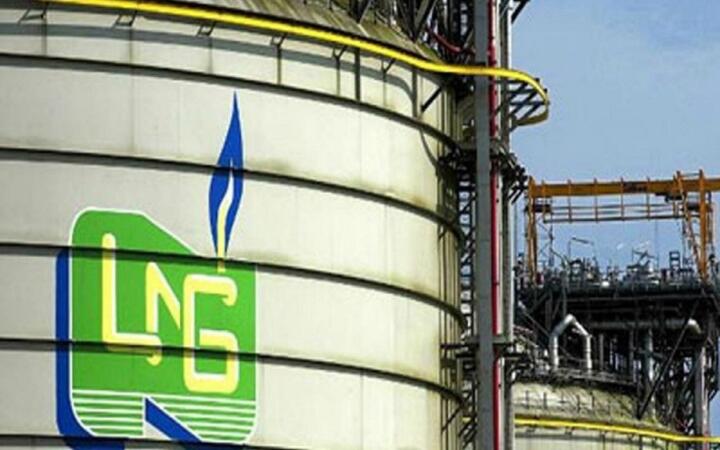Liquefied Natural Gas (LNG) spot prices have seen a significant surge, rising by more than 40% since the beginning of the Israel-Hamas conflict, which commenced on October 7 following an attack by Hamas on festival attendees.
S&P Global Commodity Insights recently reported that spot LNG prices reached $18.345/MMBtu on October 16, marking this substantial increase within a short timeframe.
The sharp increase in LNG prices can be primarily attributed to the Israel-Hamas conflict, which escalated on October 7. This conflict has triggered geopolitical concerns and resulted in a tragic loss of thousands of lives, making it a critical issue on the global stage.

The United States has called for caution to prevent further escalation of the conflict. In Europe, natural gas prices are experiencing significant volatility due to concerns about the availability of supply for the upcoming winter season.
Adding to the market’s uncertainty is Chevron’s operational challenges in Australia. Chevron Corp, a prominent U.S. oil giant, temporarily halted production at the Tamar natural gas field situated off Israel’s northern coast. The Tamar field holds a substantial gas reserve and plays a crucial role in powering Israel.
The prolonged shutdown of the Tamar field could disrupt Israeli gas exports to neighboring countries, including Egypt, which is a key gas exporter to the European market. While the European Union (EU) is not expected to face severe supply issues this winter, the persistent global gas disruption is likely to keep prices high, potentially offering an opportunity for African LNG exporters like Nigeria.
However, Nigeria is facing its own set of challenges in terms of local feed gas supply for its LNG operations.
Notably, Dr. Philip Mshelbila, the Managing Director of Nigeria Liquefied Natural Gas (NLNG) Limited, has raised concerns about feed gas supply. This issue impacts both the current operations and future expansion plans of the company.
Dr. Mshelbila highlighted that Trains 1 to 6 at NLNG are currently operating at only about half of their potential capacity, and this has been an ongoing challenge. The primary cause of this issue is crude oil theft, which affects the supply of associated gas.
The plant’s capacity is underutilized not because of a lack of capability but due to the insufficient availability of feed gas. To address this, the company envisions sourcing the necessary gas from deep-water reserves. However, establishing the terms for gas extraction is a crucial prerequisite for making progress in this direction.
Dr. Mshelbila also pointed out that the existing Production Sharing Contracts (PSCs) governing deep-water exploration do not offer commercially viable terms for producers in Nigeria. Therefore, resolving these challenges is essential for achieving NLNG’s expansion goals and ensuring a reliable and sustainable supply of feed gas for their operations.
Support InfoStride News' Credible Journalism: Only credible journalism can guarantee a fair, accountable and transparent society, including democracy and government. It involves a lot of efforts and money. We need your support. Click here to Donate
